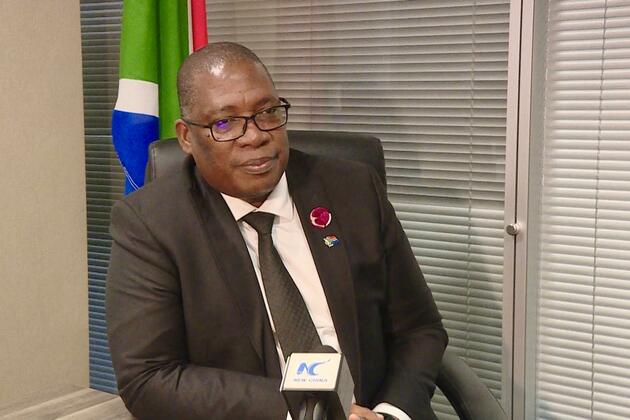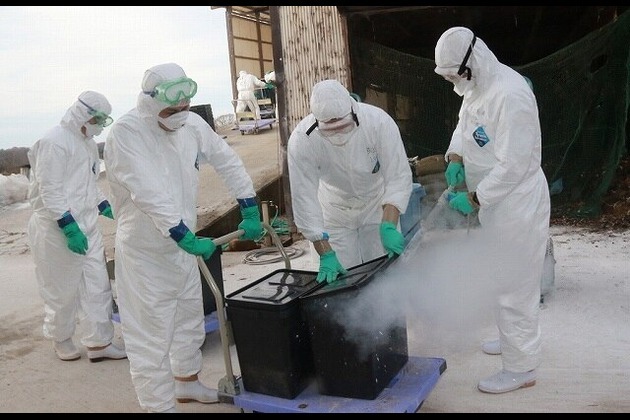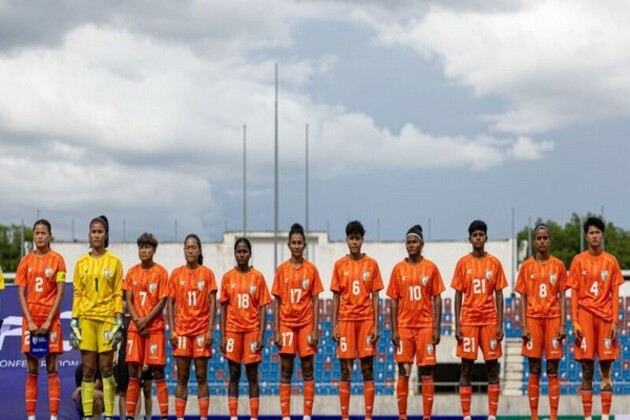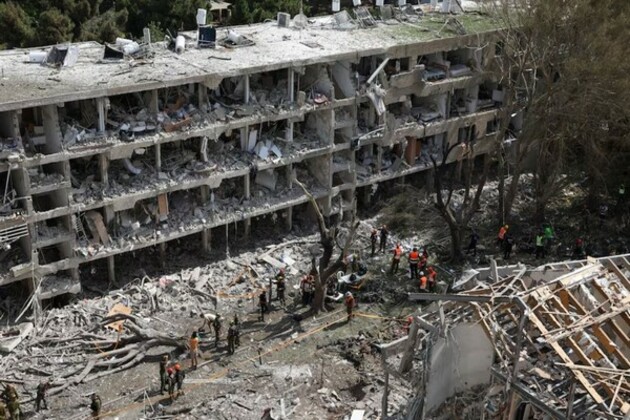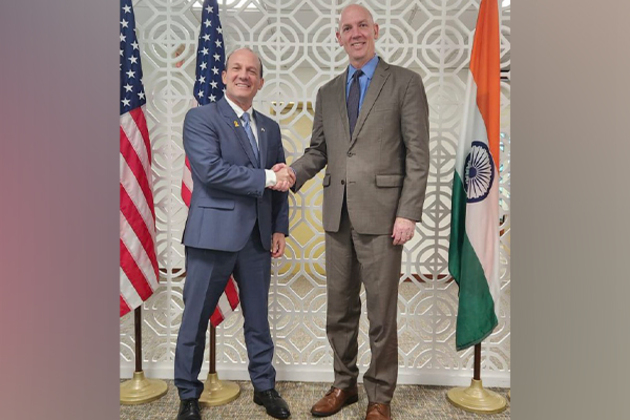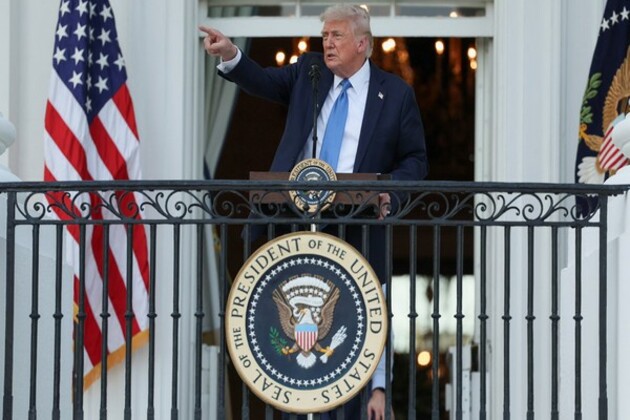Kenya police brutality - it will take more than laws and public anger to change behaviour
The Conversation
24 Jun 2025, 15:07 GMT+10

Kenya has once again been reminded of brutality within its police force. Two events in mid-June 2025 pointed to the grave challenge that Kenya must confront to reform the service.
The first was the death in police custody of a teacher and blogger. A few days later a bystander at the scene of a protest in Nairobi was shot and severely injured by police.
The use of excessive force to disperse and arrest peaceful demonstrators has got worse since the nationwide protests by young Kenyans in June 2024. Police have also been behind disappearances and extrajudicial killings.
Excesses by the National Police Service have prompted action in the past. Repressive laws have been repealed and mechanisms are in place to identify, report and punish police excesses.
Wide-ranging policing reforms mandated by the 2010 constitution have also been carried out since 2013. As part of these reforms, the Independent Police Oversight Authority was set up to investigate police wrong-doing. The conviction and dismissal rates are low, however, because of defective prosecutions, poor investigations, witnesses fearing retribution or victimisation, lack of evidence, and lengthy court trials.
I am a political scientist with a focus on Kenya's security sector. It is my view that the quest to change police behaviour in Kenya must go beyond the rule book, recriminations and repeated political proclamations of police reform.
In my view real change will come about only if the state, firstly, puts funds into the recurrent and development expenditures of the police. The aim should be to ensure these institutions are able to enforce compliance and accountability. Secondly, the state needs to strengthen its partnership with local-level civil society organisations affected by policy brutality. And lastly, it must set up digital channels that people can confidently use to lodge their complaints.
The National Police Service is underfunded. This has constrained its ability to maintain law and order. It has:
inadequate and poorly maintained equipment and gear
insufficient monthly fuel allocations for patrols and other critical functions
poor training and operational physical facilities.
Added to these constraints are dehumanising working conditions and deplorable living conditions. This undermines their morale and ability to deliver quality services.
Another blow to police morale is the entrenched culture of corruption. Corrupt practices skew recruitment, transfers, deployments, promotions and procurement.
At the same time, the police service is expected to deal with a host of domestic and global security challenges. These include cybercrimes, cross-border security, violent extremism and terrorism.
Money needs to be allocated to improve facilities, equipment and gear. This should also enhance its logistical and technological capabilities, and provide affordable and decent housing and medical cover for its officers.
Providing adequate resources can also counter the culture of corruption, which is often driven by poor renumeration and working conditions.
Budget allocations should sustain police reforms. This should include:
expanding and supporting and active participation of stakeholders such as civil society organisations and social services entities
improving operational efficiency
increasing accountability
strengthening compliance with human rights obligations.
Community policing in Kenya makes a significant contribution to local-level security. This form of policing is citizen-centred with an emphasis on addressing crime risk factors by encouraging citizen participation.
Also known by its Kiswahili name, Nyumba Kumi, meaning "Ten Households", the key strategy is anchoring community policing at the household level. Despite several problems associated with formulation and implementation, community policing in Kenya has improved local-level police-community relations in some areas of the country.
The community policing strategy is aimed at addressing emerging security needs such as infiltration by terrorist groups. It serves the whole of Kenya in terms of local-level security and is viewed as one of the key areas of police reform and a shift to democratic policing.
Community involvement can address the lack of trust between citizens and police officers due to police bias or brutality. But this is a gradual process that happens through daily interactions between communities and the police.
Public participation is enshrined in Kenya's constitution as one of the principles and values of good governance. By establishing a complaints and redress mechanism, public participation can become an integral component of promoting effective handling of complaints.
The constitution has created different institutions to address public complaints. These include the Commission on Administrative Justice (Office of the Ombudsman), Kenya National Commission on Human Rights, and the Independent Police Oversight Authority. Some of these have digital public complaints systems, which provide more confidentiality and better access for people.
Other channels of handling complaints include civil society actors and the media. Civil society organisations provide civic education and mobilise citizens to take part in monitoring and evaluation government's performance.
Making these channels more effective could help absorb public anger that could turn into violence.
Police brutality in Kenya has arisen through historical, social, economic and political factors. Mitigating it therefore requires a long-term, combined top-down and bottom-up approach.
Genuine political support from the country's political leaders is essential to instil positive attitudes about Kenya's political and security institutions. It also requires genuine support from local-level or grassroots communities. This, in turn, entails communities trusting each other and building social cohesion.
 Share
Share
 Tweet
Tweet
 Share
Share
 Flip
Flip
 Email
Email
Watch latest videos
Subscribe and Follow
Get a daily dose of Kenya Star news through our daily email, its complimentary and keeps you fully up to date with world and business news as well.
News RELEASES
Publish news of your business, community or sports group, personnel appointments, major event and more by submitting a news release to Kenya Star.
More InformationAfrica
Section"Earlier, it was very difficult to dream of becoming an artist": Singer Jubin Nautiyal hails evolution of Indian music industry
By Palash Srivastava New Delhi [India], June 24 (ANI): Singer Jubin Nautiyal praised the current scenario of the Indian music industry,...
Russia and Mali sign nuclear energy deal
The Russian state nuclear power firm Rosatom has been securing various projects to develop Africa's energy future ...
Tilak Varma begins County stint with sizzling century for Hampshire against Essex
Chelmsford [UK], June 24 (ANI): India's young batting sensation Tilak Varma was cock-a-hoop after marking his County Championship debut...
SA20: At least 72 player slots up for grabs in anticipated Season 4 auction
Johannesburg (South Africa), June 24 (ANI): All the big names and rising stars set to headline Season 4 of SA20 will be confirmed at...
Brits records career-bests in ICC Women's T20I, ODI Rankings
Dubai [UAE], June 24 (ANI): South Africa opener Tazmin Brits is at career-best positions in both the ICC Women's T20I and ODI Batting...
SOUTH AFRICA-GAUTENG PROVINCE-PREMIER-INTERVIEW
(250624) -- JOHANNESBURG, June 24, 2025 (Xinhua) -- This video screenshot shows Panyaza Lesufi, premier of South Africa's Gauteng Province,...
World
SectionBrazil aims to restart poultry trade after bird flu clearance
SAO PAULO, Brazil: Brazil is taking confident steps to restore its dominance in global poultry exports after declaring its commercial...
We can still be better, says Crispin Chettri after record-breaking qualifiers win
Chiang Mai [Thailand], June 24 (ANI): The Indian women's football team recorded their biggest win in an official AFC match on Monday,...
CM Omar Abdullah says ready to "sacrifice" CM's chair, as report suggest granting statehood requires to dissolve assembly
Gulmarg (Jammu and Kashmir) [India] June 24 (ANI): In a strong and direct message on the issue of Jammu and Kashmir's statehood, Chief...
"Israel has refrained from additional attacks," says Israeli PMO amid reports of ceasefire violations
Tel Aviv [Israel], June 24 (ANI): The Israeli Prime Minister's Office on Tuesday evening noted that after a conversation between US...
Israeli envoy Reuven Azar thanks US for support in neutralising Iranian threats
New Delhi [India], June 24 (ANI): Israeli Ambassador to India Reuven Azar met with USA Charge d'Affaires Jorgan K Andrews to convey...
"China can now continue to purchase oil from Iran": Trump after Iran-Israel ceasefire deal
Washington [US], June 24 (ANI): US President Donald J. Trump has announced that China can now resume purchasing oil from Iran and expressed...






